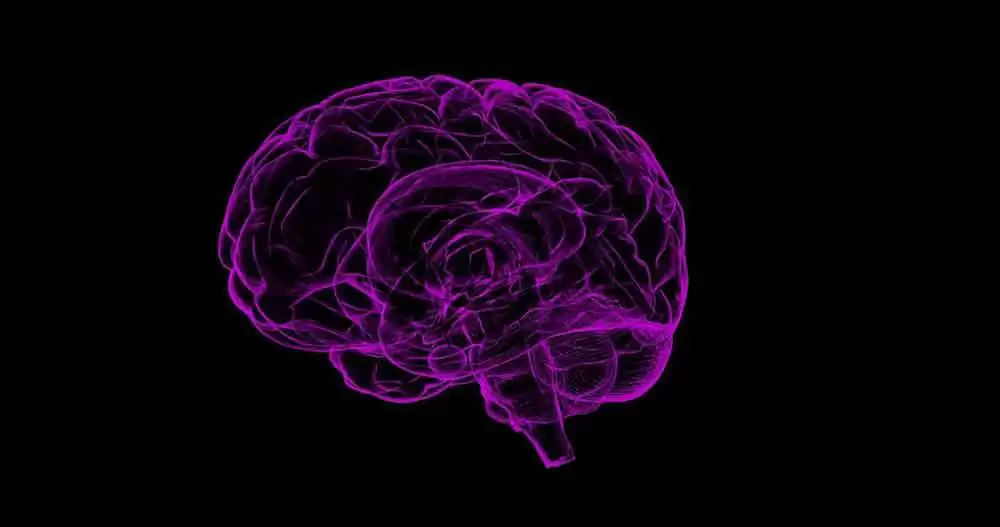
Celiac.com 05/06/2021 - Gluten neuropathy is the term used to describe peripheral neuropathy that occurs in patients with gluten sensitivity or celiac disease in the absence of other risk factors.
A team of researchers recently set out to describe the neurophysiological progression rate of gluten neuropathy across time and look into the potential role of genetic susceptibility in its development.
Celiac.com Sponsor (A12):
The research team included Panagiotis Zis, Ptolemaios Sarrigiannis, Artemios Artemiadis, David S. Sanders & Marios Hadjivassiliou. They are variously affiliated with the Academic Directorate of Neurosciences, and the Academic Unit of Gastroenterology at Sheffield Teaching Hospitals NHS Foundation Trust in Sheffield, UK, and with the Medical School, University of Cyprus in Nicosia, Cyprus.
The team looked at a group of 45 patients with gluten neuropathy for an average follow-up period of 8 ± 5 years. They gathered clinical and neurophysiological data, along with HLA-DQ genotype information.
Average patient age at diagnosis was 60 ± 12 years. More than 75% of patients had a length-dependent neuropathy, while the rest had sensory ganglionopathy. Sixty percent of patients with positive DQA1*02 suffered from sensory ganglionopathy compared to just under 14% of DQA1*02-negative patients.
The team also noted a statistically significant detail regarding the DQB1*06 allele and the DQA1*01/DQB1*06 haplotype, which were found more frequently in patients with gluten neuropathy than in healthy control subjects.
The team found a linear effect of time on the neurophysiological findings, with radial sensory nerve action potential decreasing nearly 2% annually, sural sensory nerve action potential decreasing 3%, and tibial nerve motor compound action potential decreasing 6.5%, independently of age or gender.
Gluten neuropathy is a late manifestation of gluten sensitivity and celiac disease. The majority of patients with gluten neuropathy suffer from length-dependent neuropathy with a linear deterioration over time.
To help spot patients at risk for developing sensory ganglionopathy, the team recommends HLA genotyping for patients with gluten sensitivity or celiac disease who present with neuropathic symptoms.
Read the full report in the Journal of Neurology volume 268, pages199–205(2021)










Recommended Comments
There are no comments to display.
Create an account or sign in to comment
You need to be a member in order to leave a comment
Create an account
Sign up for a new account in our community. It's easy!
Register a new accountSign in
Already have an account? Sign in here.
Sign In Now